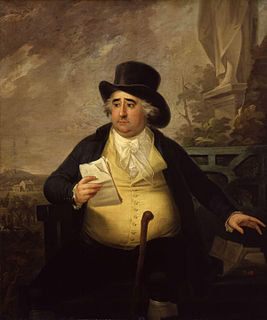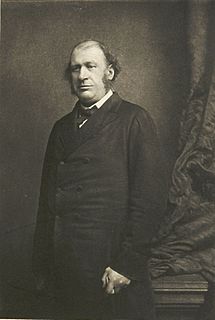A Quote by Aristotle
The worst form of inequality is to try to make unequal things equal.
Related Quotes
Plato in his dialogue The Phaedo says that whereas sticks and stones are both equal and unequal, (so maybe what that means is that each stick is going to be equal to some other sticks and unequal to some other sticks, so equal to the stick on the left maybe but shorter than the stick on its right) the form of equal is going to be just equal, and it won't partake of inequality at all. And it will be the cause of equality in things that are equal, for example, equal sticks and stones.
The doctrine of equality! ... But there is no more venomous poison in existence: for it appears to be preached by justice itself, when it is actually the end of justice ... "Equality to the equal; inequality to the unequal" that would be true justice speaking: and its corollary, "never make the unequal equal".
Thus it is thought that justice is equality; and so it is, but not for all persons, only for those that are equal. Inequality also is thought to be just; and so it is, but not for all, only for the unequal. We make bad mistakes if we neglect this for whom when we are deciding what is just. The reason is that we are making judgements about ourselves, and people are generally bad judges where their own interests are involved.
Men agree that justice in the abstract is proportion, but they differ in that some think that if they are equal in any respect they are equal absolutely, others that if they are unequal in any respect they should be unequal in all. The only stable principle of government is equality according to proportion, and for every man to enjoy his own.
To rest the case for equal treatment of national or racial minorities on the assumption that they do not differ from other men is implicitly to admit that factual inequality would justify unequal treatment, and the proof that some differences do, in fact, exist would not be long in forthcoming. It is of the essence of the demand for equality before the law that people should be treated alike in spite of the fact that they are different.







































